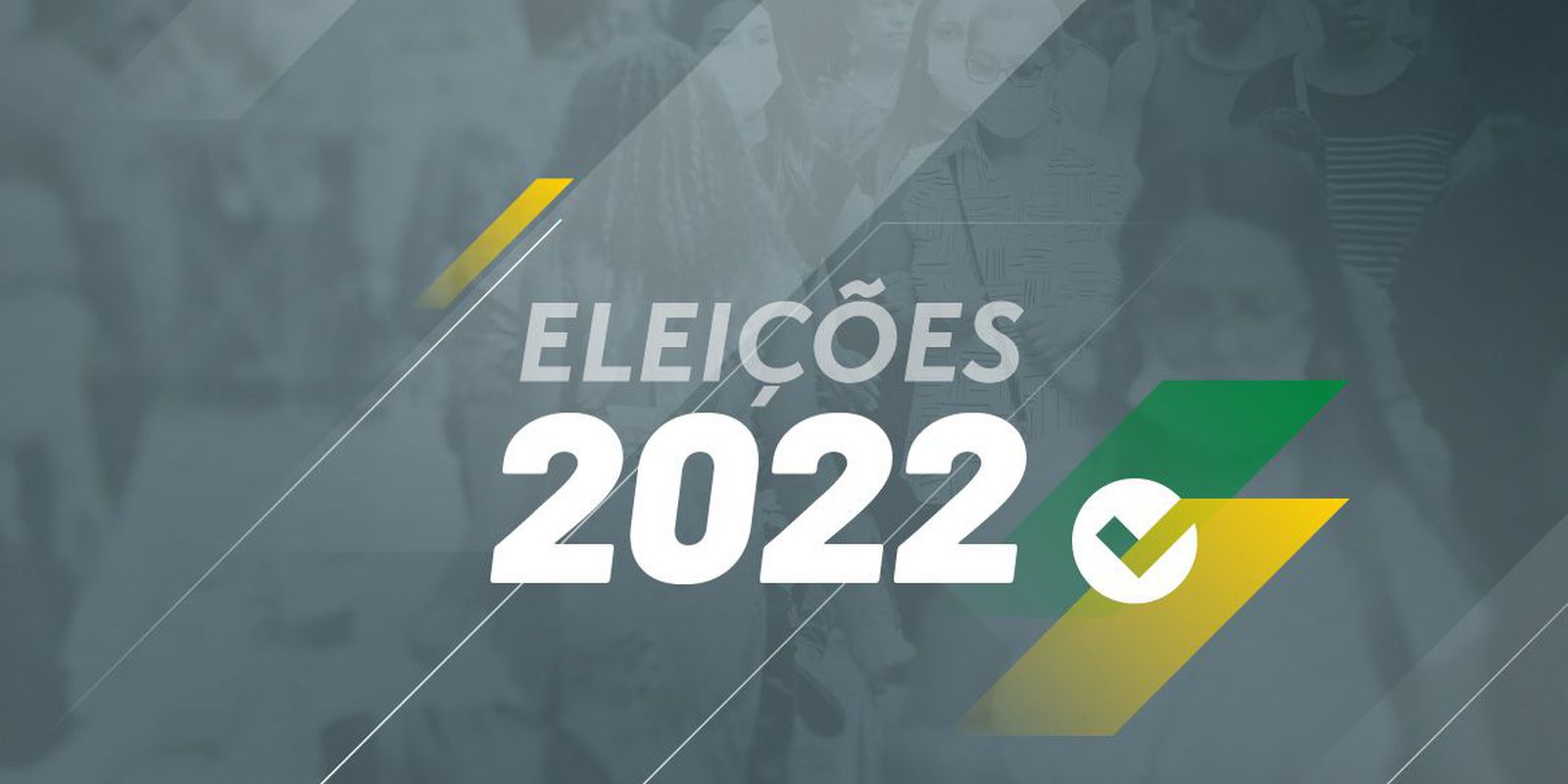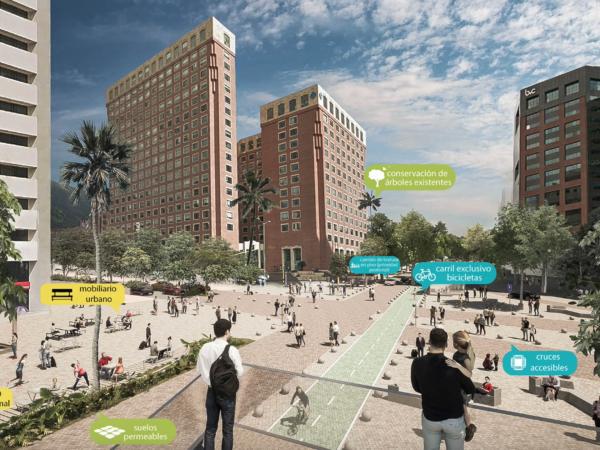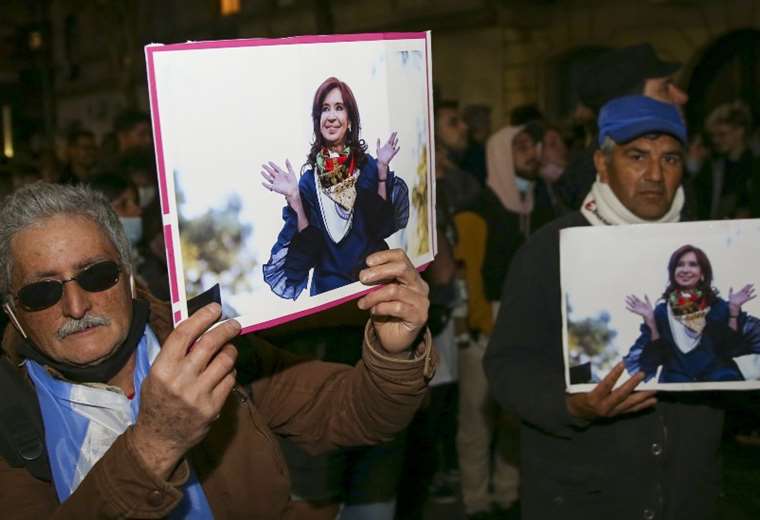The PSTU candidate for the Presidency of the Republic, Vera Lucia Pereira, defended today (1st) the maintenance of the original text of the Paulo Gustavo and Aldir Blanc laws 2. According to the candidate, if elected, her government will support the creation and dissemination of culture popular musical, poetic, plastic, theater and cinema.
“We defend the maintenance of the Paulo Gustavo Law and the Aldir Blanc Law 2, although they are insufficient, and without constraints on financial and budgetary availability. Because we understand that investment in culture is necessary”, he wrote on social media.
In early July, the National Congress overturned the presidential vetoes of the Aldir Blanc National Policy for Fostering Culture, known as the Aldir Blanc 2 Law, and the Paulo Gustavo Law. The two measures deal with the release of resources to help the cultural sector after the area was heavily hit by the covid-19 pandemic.
At the time, the government vetoed the Paulo Gustavo Law, considering that the text was contrary to the public interest, by creating expenses without presenting compensation. In the case of the Aldir Blanc Law 2, the argument was that the proposition goes against the public interest by removing the autonomy of the federal Executive Branch in relation to the application of resources, among other points.
On the 29th, however, the federal government published a Provisional Measure (MP) that allows the postponement of transfers to the cultural sectors and events provided for in the laws and removes the imposition of payments.
Vera also proposed the creation of museums, libraries and movie theaters in all Brazilian cities; construction of artistic spaces in popular neighborhoods that allow the expression and development of artists and youth; cultural projects aimed at indigenous and quilombola communities; strengthening of the National Film Agency (Ancine), and the national construction of a cultural plan, built together with workers in the area.
This Thursday, Vera Lúcia campaigned in Porto Alegre. She gave an interview to Jornal do Comércio and Rádio Gaúcha. She also participated in leafleting at the Mercado Público train station, in the capital of Rio Grande do Sul.















